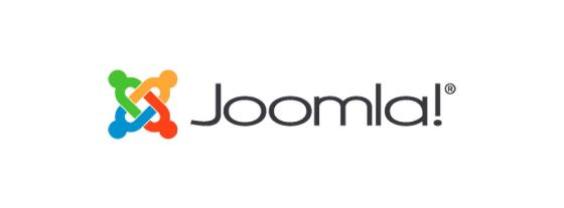What programs to use to create my website
In the present, there are numerous options to create a web page, each with its own characteristics and advantages. In this article, we will focus on three of the most popular content management systems (CMS): Joomla, Drupal, and WordPress. Additionally, we will explore the concept of static web pages and their benefits.
Content Management Systems (CMS)
A CMS is a software that allows users to create, edit, and manage content on a web page without the need for advanced technical knowledge. Below, we present three of the most popular CMS:Joomla

Joomla is an open-source CMS that offers great flexibility and customization. It was launched in 2005 and has since gained popularity due to its ease of use and active community. Joomla is used in a variety of web sites, from small blogs to large e-commerce sites.
Drupal

Drupal is another open-source CMS that focuses on security and scalability. It was launched in 2001 and is known for its modular architecture and active community. Drupal is an excellent option for complex and large web sites. Personally, I prefer Drupal due to its flexibility and ability to handle large amounts of content.
WordPress

WordPress is the most popular CMS in the world, with more than 60 million web sites using it. It was launched in 2003 and focuses on ease of use and customization. WordPress is ideal for bloggers and small web sites, although it can also be used for larger projects.
Static Web Pages
A static web page is a web site that does not use a CMS or a database. Instead, the content is stored in HTML, CSS, and JavaScript files, which are served directly to the user. Static web pages offer several advantages, such as:
- Security: Static web pages do not require a database, which reduces the risk of security attacks.
- Speed: Static web pages load faster than dynamic ones, as they do not require code execution on the server.
- Scalability: Static web pages can handle high traffic without issues, as they do not require additional resources.
Some popular tools for creating static web pages are:
- Jekyll: A static site generator that is used to create web sites with Markdown and HTML.
- Hugo: A static site generator that focuses on speed and scalability.
- WYSIWYG Web Builder: Builds web sites without HTML knowledge using the drag-and-drop system for HTML objects, site, and user management.
In summary, there are several options to create a web page, each with its own characteristics and advantages. CMS such as Joomla, Drupal, and WordPress offer great flexibility and customization, while static web pages offer security, speed, and scalability. By choosing the right tool, you can create a web site that fits your needs and goals.





